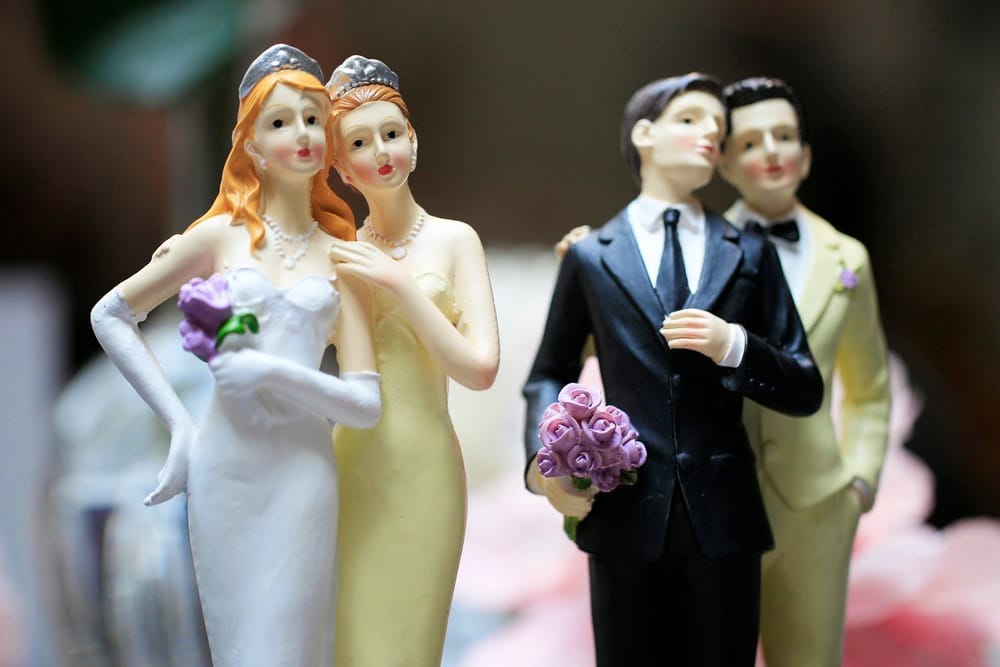The Supreme Court on Monday, while hearing the petitions seeking legal recognition for same-sex marriages, observed that the Indian Constitution itself was a ‘tradition breaker’. Same-sex marriages: Supreme Court calls Indian Constitution tradition breaker, says concept of marriage evolved with time
The Constitution Bench of Chief Justice of India D.Y. Chandrachud, Justice Sanjay Kishan Kaul, Justice S. Ravindra Bhat, Justice Hima Kohli and Justice P.S. Narasimha observed that after Article 14 was brought in for the first time, it was followed by Articles 15 and 17.
Thus, those traditions were broken. If those traditions were broken, what was held hallowed in Indian society in terms of caste, asked the Apex Court.
The Bench observed that it made a conscious break and went so far to hold untouchability as unconstitutional. Claiming that no other Constitution has done anything of this sort, the Bench noted that traditions were there to the extent that they were there. At the same time, it was important to remain alive to the fact that the concept of marriage had evolved, it added.
Appearing for the Respondents, Senior Advocate Rakesh Dwivedi submitted that the issue of same-sex marriage was best left to the Parliament as even in the fields of reforms, such as dowry prohibition, the Courts have held that it was for the legislature to decide.
He said the first question to be considered would be whether there was a fundamental right under the Constitution for persons in same-sex relations to marry. As per Dwivedi, heterosexual couples had the right to marry as per their personal law, custom and religion.
Justice Bhat pointed out at this juncture that even inter caste marriages were not permitted traditionally. However, with time, the context of marriage has changed.
He further observed that nothing was granted. The citizens of the country were free to exercise their right to speak and associate, it was part of their inherent rights. The Constitution never granted. Even the legislations were only recognised. Therefore, the right to marry was inherent. By calling it inherent, the right became a part of the Constitution. This can be located in either Articles 19 or 21, added Justice Bhat.
He said that within a marriage, it was up to the spouses to decide what constituted their marriage. The content was decided voluntarily by each party. The spouses decided whether to have children, it was entirely their choice. There could be marriages where the parties may not live together. There may be no matrimonial home. Marriages may not have any element of physical or sexual relations. He said the content, which was central to a marriage, depend totally on the spouses.
However, Dwivedi said that if a marriage was treated as an individual concept to be defined by the spouses, there would be no law.
The CJI also made some observations during the hearing. He said the core elements of a marriage were protected by constitutional values.
As per the CJI, marriage itself postulated two individuals to cohabit. It accompanied with it the existence of family. Marriage had procreation as a very important ingredient, although the validity of a marriage was not conditional on it.
He further said that marriage was exclusionary to all others. People in a marriage were to exclude all others from the same. Talking about social acceptance of the existence of marriage, he said it was not confined to that individual, but how society looked at that institution.
CJI Chandrachud further said that it cannot be denied that the state has a legitimate interest in regulating marriage. He said the next issue would be whether heterosexuality was a core element of marriage.


